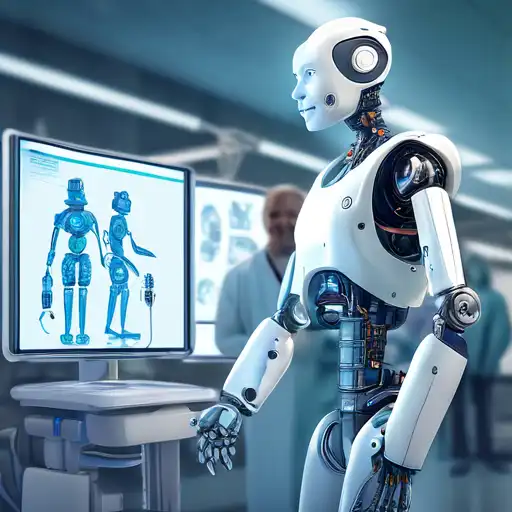The Dawn of Robotics in Healthcare
In recent years, the integration of robotics into healthcare has marked a revolutionary shift in how medical services are delivered. From surgical robots to robotic prosthetics, the potential to enhance patient care and improve outcomes is immense. This article explores the transformative role of robotics in healthcare, highlighting key innovations and their benefits.
Revolutionizing Surgery with Robotic Assistance
One of the most significant advancements in healthcare robotics is the development of robotic surgical systems. These systems, such as the Da Vinci Surgical System, allow surgeons to perform complex procedures with greater precision, flexibility, and control than conventional techniques. The benefits include smaller incisions, reduced pain, and quicker recovery times for patients.
Enhancing Rehabilitation with Robotic Devices
Robotic technology is also transforming rehabilitation. Devices like exoskeletons and robotic limbs are enabling patients with mobility impairments to regain movement and independence. These innovations not only improve quality of life but also reduce the long-term costs associated with rehabilitation.
Automating Pharmacy Operations
Another area where robotics is making a significant impact is in pharmacy operations. Automated dispensing systems ensure accurate medication dispensing, reducing errors and improving efficiency. This technology is particularly beneficial in high-volume settings, such as hospitals, where the margin for error must be minimal.
Robotics in Patient Care and Assistance
Robots are increasingly being used for patient care and assistance, especially in elderly care. From robotic companions that provide social interaction to assistive robots that help with daily tasks, these technologies are improving the lives of patients and reducing the burden on healthcare providers.
The Future of Robotics in Healthcare
The future of robotics in healthcare is bright, with ongoing research and development paving the way for even more innovative applications. As technology advances, we can expect to see robots playing an even more integral role in diagnostics, treatment, and patient care. The potential to save lives and improve healthcare delivery is limitless.
In conclusion, robotics in healthcare is not just a game changer; it's a life changer. By embracing these technologies, the healthcare industry can achieve unprecedented levels of efficiency, accuracy, and patient satisfaction. The journey of robotics in healthcare is just beginning, and its full potential is yet to be realized.
